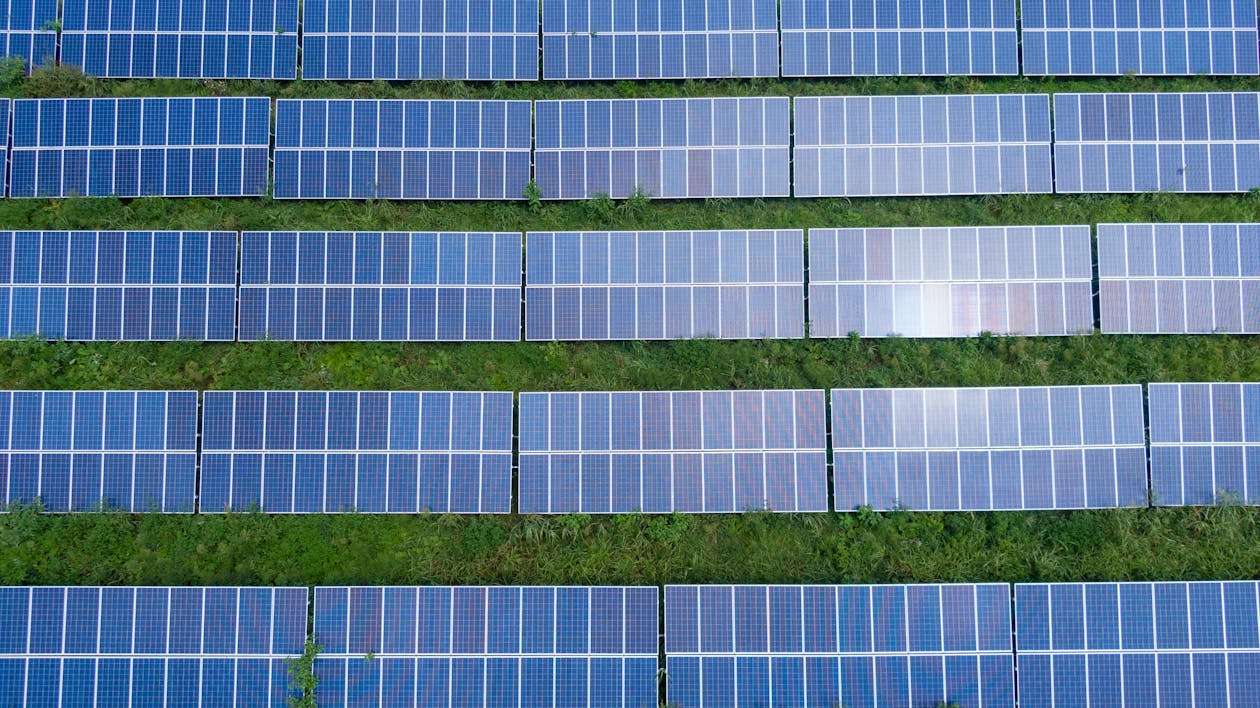
Content:
Bahrain has been turning to the sun and wind to power its future. The rise of green energy in Bahrain is significant, offering new opportunities for experts worldwide. With ambitious climate targets and a push for sustainability, the kingdom is expanding its clean energy projects, which means demand for foreign specialists.
Thanks to Bahrain’s ambitious renewable targets and growing projects, qualified foreign experts can find renewable energy jobs in Bahrain.
In Bahrain, green energy employment is set to grow. Bahrain’s core goal of Vision 2030 is sustainability. For example, the National Energy Strategy (2023) aims to cut carbon emissions by 30% by 2035 and reach carbon neutrality by 2060. The Renewable Energy Action Plan calls for renewables to supply 20% of Bahrain’s power by 2035. In short, Bahrain has to make big changes. To hit those goals, the country is leaning on clean technologies.
Under these national plans, Bahrain’s economy is shifting away from just oil. It actively diversifies into green industries, as the Economic Development Board notes a 700 MW solar target (requiring ~$1.8 billion investment).
Economic Vision 2030 explicitly includes the sustainability initiatives of the brain as one of its three pillars. The government has enacted new plans and laws to support this. For instance, “Blueprint Bahrain” is a national carbon-neutrality roadmap, and the National Energy Strategy (NES) enshrines those 2035 and 2060 carbon targets.
This means investing in efficient buildings, greening the grid, and training people in applied sciences. The country is developing a national green building code, boosting human capital through specialized education, and drawing international investors to meet its renewable goals. All of this creates a policy environment that actively promotes clean energy.
Bahrain’s renewable project pipeline relies heavily on solar power, including wind and waste-to-energy. The kingdom primarily uses solar, wind, and waste-to-energy power to cut emissions. Major solar initiatives are already in motion.

Bahrain also has good wind power conditions. Its shallow coastal waters and steady breezes are well-suited for near-shore or offshore wind farms. Waste-to-energy is also on the table: the country is testing heat recovery. In short, Bahrain’s green energy mix will draw from all these areas. Each project needs teams of engineers, technicians, planners, and managers including foreign experts to make it happen.
As Bahrain’s renewables sector grows, expat energy jobs in Bahrain are rising. Foreign specialists can find roles in nearly every part of the green value chain.
Companies and utilities need experienced personnel for:
Solar jobs in Bahrain include engineers, designers, installers, and technicians for panel and inverter maintenance.
Wind energy engineers and turbine technicians will build and service onshore/offshore wind farms.
Waste-to-energy experts, including environmental engineers.
Project managers and planners oversee large renewable projects from conception through construction.
Grid integration specialists and energy analysts for innovative grid projects and energy storage systems.
Business development and finance managers need to secure investments in clean energy.
Consultants and researchers in sustainability, climate policy, and green technology.
Foreign applicants typically need relevant technical qualifications and experience to land a green energy career in Bahrain. Common requirements include:
Engineering or science degree (electrical, mechanical, civil, chemical, or environmental) or technical credentials.
Specialized certifications in renewable technologies
Field experience on renewable projects - many employers want candidates who have worked on solar or wind installations, smart grids, or efficiency programs.
Strong English skills - Bahrain’s business and technical language is English, so fluency is essential. (Arabic is a plus.)
Cross-cultural adaptability – working in Bahrain means fitting into a multicultural team.
Green sector employment in Bahrain usually follows the usual international job-search steps, but with some local twists. It helps to be proactive and organized: research the market, network, and prepare paperwork in advance.
Begin by researching current openings. Scan Gulf and Bahrain job portals for “renewable energy” or “solar” positions.
Next, network with industry contacts. After landing interviews, be ready to discuss your move. Employers will want to know you understand Bahrain’s culture and work style. Express enthusiasm for life in Bahrain (explain why you want to work in a growing market).
A Bahrain work visa for foreigners is needed to start working. In practice, your prospective employer will arrange this for you. Bahrain’s Labor Market Regulatory Authority (LMRA) issues a residence/work permit that usually covers 1 or 2 years.
Moving to Bahrain offers a relatively easy transition for expats. The island is safe, modern, and welcoming, especially by Gulf standards. English is commonly spoken in daily life.
All this adds up to affordable living. Crucially, there’s no personal income tax in Bahrain, so you keep more of your paycheck. In practice, many expats find their salaries go farther here than in Western countries. Employers often sweeten the deal with benefits like housing or transport allowances, especially for technical hires.
The workweek is Sunday through Thursday, with Friday through Saturday off. Official hours are typically 8:00 a.m. to 5:00 p.m. (though some firms start at 7:30 or run a 9–6 schedule).
Overall, Bahrain is famous for its stable economy and comfortable lifestyle. When asked, foreigners often praise Bahrain’s balanced environment: a small but progressive society where Western comforts meet Arabian hospitality. This makes clean energy careers Bahrain appealing for those who want a high quality of life.
Research current job openings in renewable energy. Look at Bahrain’s major energy companies, government agencies, and job portals for postings.
Prepare your resume and relevant certifications. Highlight any renewable energy projects or technical skills you have.
Apply through job portals or company websites. Submit your application online and wait for a response.
Secure a job offer and apply for a work visa.
Learn about local customs. Study Bahrain’s labor laws and cultural norms before you arrive.
Login or register to leave comments.